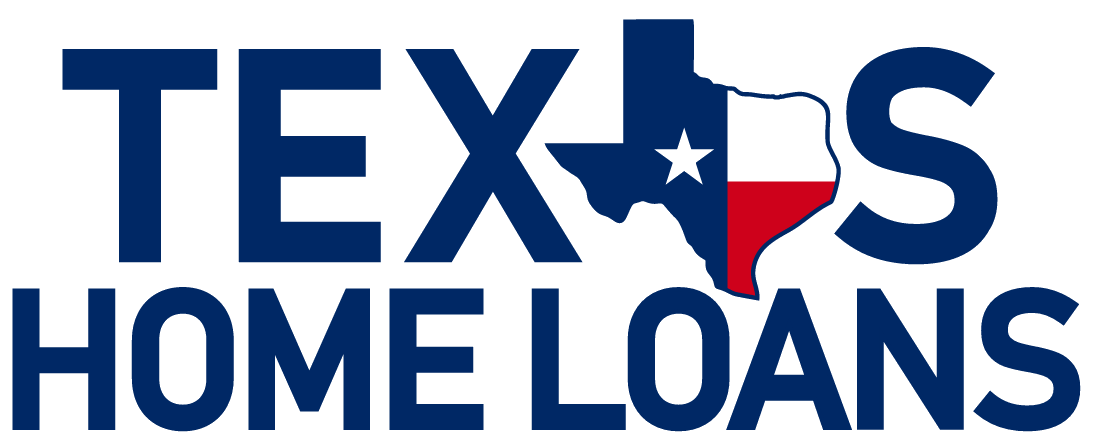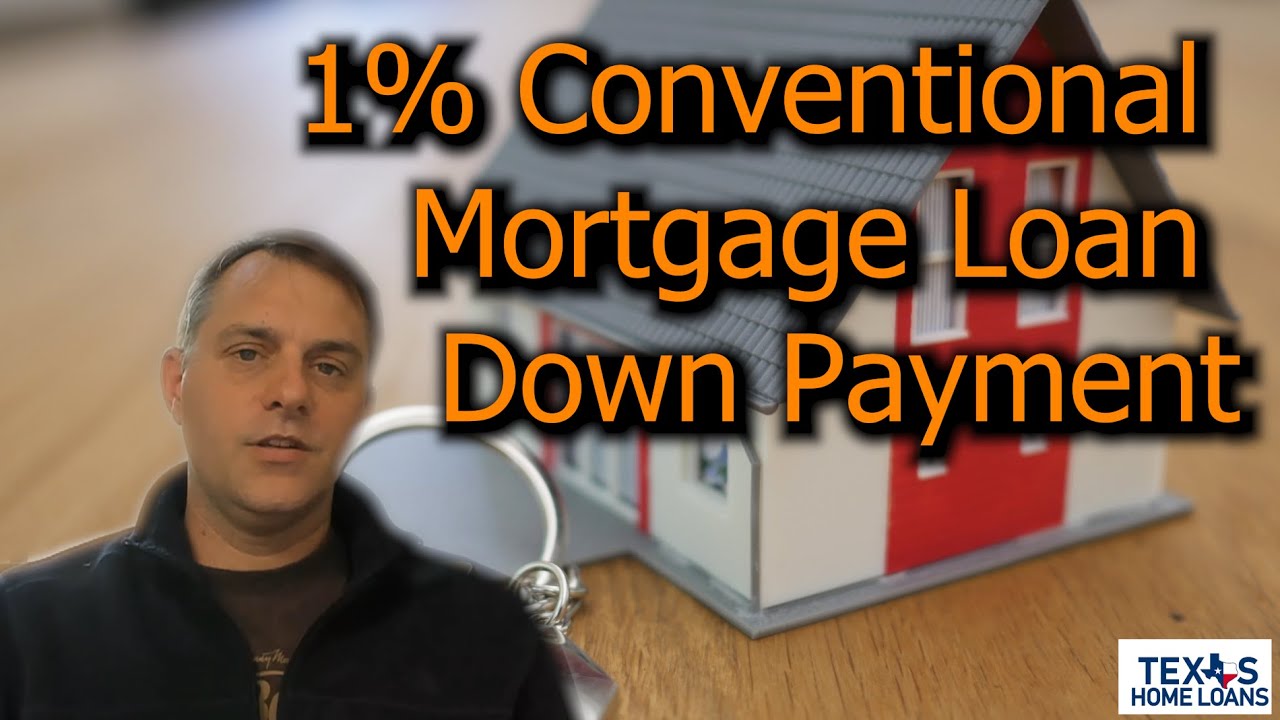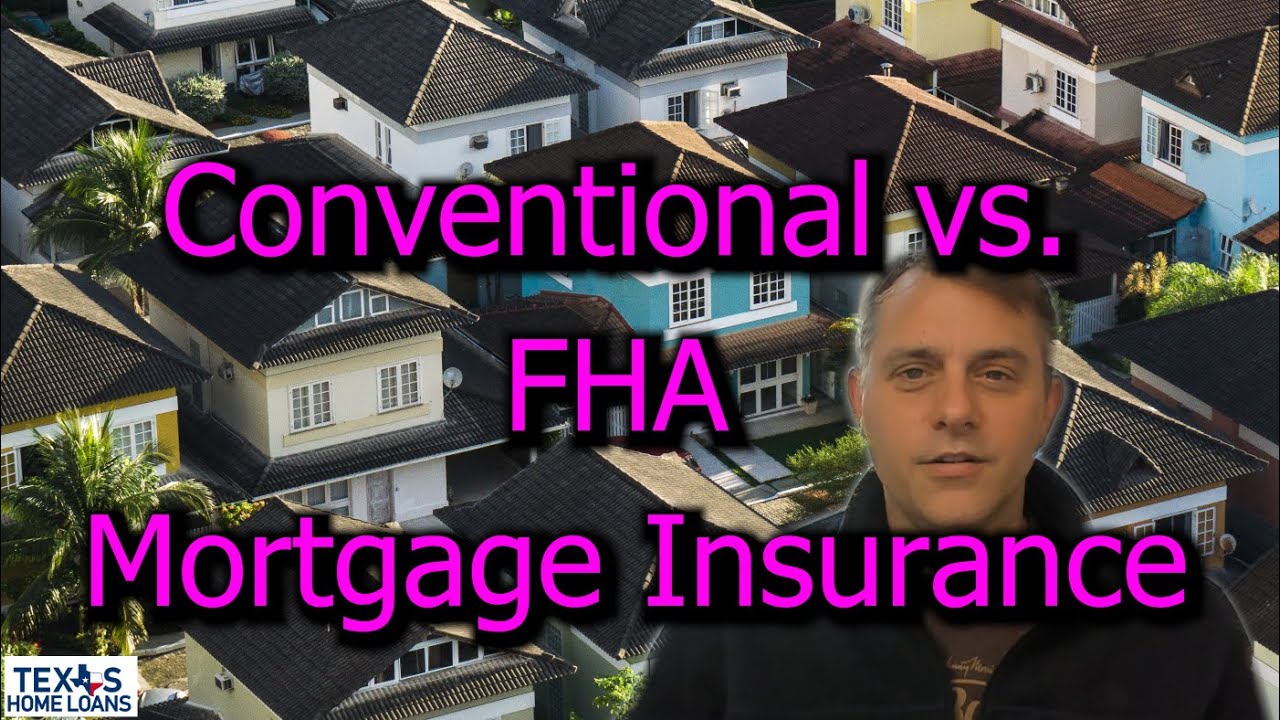Navigating traditional home loans in Texas can be exciting yet complex. Knowing available options is…
Deciding Between VA Loan and Conventional Mortgages in Texas
Are you a Texan looking to buy your dream home? Are you confused about the different types of home loans available to you? In this blog, we will compare two popular options: VA Loans and Conventional Mortgages. We will start by breaking down the basics of each loan type, including eligibility requirements and benefits. Then, we will dive into the differences between the two loans, including interest rates, down payments, and associated costs such as closing fees and private mortgage insurance. We’ll also discuss how credit scores impact your choice between these two loans. By the end of this blog, you’ll have all the information you need to make an informed decision about which loan is right for you.
Understanding VA Loans
VA loans, backed by the Department of Veterans Affairs, offer lower interest rates than conventional mortgages. Eligible veterans, service members, and surviving spouses can apply, often without a down payment or private mortgage insurance. VA loans have more flexible credit score requirements and are often the best choice for those with less money for a down payment. Additionally, VA mortgages have less paperwork, making them a convenient option in the real estate market.
The Basics of VA Loans
VA loans serve as a reliable option for primary residences, with a one-time VA funding fee reducing the loan’s cost to taxpayers. They offer flexibility by not imposing prepayment penalties and generally having lower minimum credit score requirements. VA loans also come with limits on closing costs and typically result in lower monthly payments, making them an attractive choice for eligible veterans or service members seeking to fulfill their homeownership dreams.
Who Qualifies for a VA Loan?
VA loans are available for active-duty service members, veterans, and National Guard members. Surviving spouses of service members who died in the line of duty can also apply. Reservists and military members with active duty service history may meet eligibility requirements. VA loans are open to both first-time and repeat homebuyers, taking credit history into consideration.
Benefits of VA Loans
When considering home financing options, VA loans stand out due to their numerous advantages. Not requiring a down payment makes homeownership more accessible, especially for military members. Additionally, the competitive interest rates offered by the VA loan program, often lower than conventional loans, make it an attractive choice. The government-backed guarantee of VA loans reduces risk for private lenders, providing additional security for borrowers. Moreover, exemptions from paying private mortgage insurance and more favorable terms for disabled veterans further highlight the benefits of VA loans.
Understanding Conventional Mortgages
Conventional mortgages, unlike VA loans, lack government backing or insurance. They usually mandate private mortgage insurance for down payments below 20%. Eligibility criteria for conventional mortgages are typically stricter than those for VA loans. Borrowers can opt for varying loan terms, including 15, 20, or 30 years, and choose between fixed or adjustable interest rates, offering flexibility. Understanding these differences is crucial when deciding the right type of mortgage for your specific needs.
The Basics of Conventional Mortgages
Conventional mortgages provide flexibility, allowing their use for primary residences, second homes, and investment properties. Borrowers must meet minimum credit score requirements and consider varying down payment requirements based on the loan program and credit history. Stricter debt-to-income ratio requirements apply, and borrowers need to account for closing costs, which impact the overall loan amount. Understanding the nuances of conventional mortgages is vital in navigating the real estate market and making the right mortgage choice.
Who Qualifies for a Conventional Mortgage?
Credit score, credit history, stable income, and employment are considered by conventional mortgage lenders. Qualified homebuyers, including first-time buyers and previous homeowners, can access conventional mortgage options from private lenders, credit unions, and mortgage companies. Borrowers with lower credit scores may still qualify but with higher interest rates.
Benefits of Conventional Mortgages
When considering mortgage options, conventional mortgages offer flexibility in property type, including investment properties and second homes. Borrowers have the freedom to choose from a variety of mortgage terms and interest rates. Additionally, conventional mortgage holders can take advantage of lower interest rates through refinancing. With more options for lenders, loan programs, and closing costs, conventional mortgages are suitable for individuals with good credit history and financial stability, making them a popular choice in the real estate market.
Comparing VA Loans and Conventional Mortgages
When choosing between VA loans and conventional mortgages, it’s essential to understand the differences in eligibility requirements and down payment obligations. VA loans generally have more flexible eligibility criteria and often do not require a down payment, unlike conventional mortgages. Moreover, VA loans offer lower interest rates and do not mandate private mortgage insurance. On the other hand, conventional mortgages may provide more property type options, such as investment properties and second homes, catering to diverse real estate needs. Both options involve closing costs and specific eligibility criteria to consider.
Differences in Eligibility Requirements
When considering VA loans and conventional mortgages in Texas, eligibility requirements play a crucial role. VA loan eligibility primarily hinges on military service, while conventional mortgage eligibility centers on credit history. Moreover, conventional mortgage lenders may impose stricter credit score requirements compared to VA loan lenders, making VA loans more accessible to a broader range of borrowers. Additionally, VA loans are specifically designed for veterans, service members, and surviving spouses, with unique eligibility criteria, while conventional mortgages cater to a wider borrower base, including those who do not qualify for VA loans. The funding fee for VA loans also differs from the private mortgage insurance requirements of conventional mortgages, making it essential to consider all eligibility aspects when choosing the right mortgage option.
Differences in Interest Rates and Loan Terms
VA loans, guaranteed by the government, typically offer lower interest rates compared to conventional mortgages. While conventional mortgages require a higher down payment, VA loans usually require no money down. Additionally, VA loans have more lenient credit score requirements and involve a funding fee. In contrast, conventional mortgages provide greater flexibility in terms of loan types and repayment options, making them an attractive choice for certain homebuyers.
Differences in Down Payment Requirements
VA loans often require no down payment, unlike conventional mortgages which may mandate a substantial 20% down payment. Additionally, VA loans do not necessitate private mortgage insurance (PMI), while conventional mortgages often do for anything less than 20% down. Although conventional mortgages may allow a lower down payment with PMI, this incurs higher overall loan costs. Furthermore, VA loans have a funding fee that can be rolled into the loan amount, unlike conventional mortgages which may feature higher interest rates for lower down payments.
Costs Associated with VA Loans and Conventional Mortgages
When considering VA loans, no down payment is required, but borrowers may have to pay a funding fee. In contrast, conventional mortgages often require a down payment of 5-20% of the home’s value. VA loans typically offer lower interest rates compared to conventional mortgages. Additionally, VA loans do not have prepayment penalties, allowing borrowers to pay off the loan faster. On the other hand, conventional mortgages may have prepayment penalties if the loan is paid off early.
Understanding the VA Funding Fee
The VA funding fee, a one-time payment sustaining the VA loan program, varies based on military status, down payment, and loan type. It’s waived for veterans with service-related disabilities, offering financial relief. Unlike conventional mortgages, VA loans have a funding fee, which can be rolled into the loan amount, minimizing the immediate financial impact on veterans. This distinction makes VA loans a great option for many eligible individuals.
Understanding Private Mortgage Insurance (PMI)
Private Mortgage Insurance (PMI) is a common requirement for conventional mortgages, increasing the monthly mortgage payment to protect lenders in case of default. Unlike VA loans, which do not require PMI, this additional cost can significantly impact the affordability of a home for buyers. For veterans, VA loans offer a financially advantageous alternative, as they do not necessitate PMI, reducing overall housing costs. Understanding the differences in PMI requirements can help borrowers make the best choice for their financial situation and long-term homeownership goals.
Assessing Closing Costs
When choosing between VA loans and conventional mortgages, it’s crucial to consider the associated closing costs. VA loans are governed by specific regulations that promote transparency and affordability for veterans, potentially leading to savings on closing costs. In contrast, conventional mortgages often entail higher closing costs, impacting overall homeownership expenses. Understanding and comparing the closing costs of each loan type is essential for informed decision-making, empowering home buyers to make cost-effective choices in the real estate market.
Deciding Between a VA Loan and a Conventional Mortgage
When deciding between a VA loan and a conventional mortgage, veterans and service members should consider the benefits of a VA loan, such as lower interest rates. On the other hand, conventional mortgages may appeal to home buyers with a substantial down payment and strong credit history. It’s essential to assess the costs and eligibility criteria for both loan types to make an informed decision. Additionally, VA loans offer unique advantages, including the ability to finance the funding fee, reducing upfront costs, empowering home buyers to make the right mortgage choice.
Considerations for First-Time Home Buyers
For first-time home buyers, navigating the real estate market can be daunting. Understanding the type of loan that best suits their needs is crucial. VA loans offer a zero-down payment option, easing the initial financial burden for those with limited funds. Additionally, the longer loan terms provide flexibility in managing monthly income, making it easier for newcomers to handle mortgage payments. On the other hand, conventional mortgages often require a substantial down payment, posing challenges for first-time buyers. Evaluating the differences between these two options can help home buyers make the best choice.
Considerations for Repeat Home Buyers
For repeat home buyers, VA loans provide an opportunity to secure financing without a down payment, preserving their savings. These loans also offer competitive interest rates, contributing to long-term savings. Understanding the funding fee structure of VA loans is essential, as it impacts the total loan amount. In contrast, conventional mortgages might require a substantial down payment, affecting the purchasing power of repeat buyers. Therefore, assessing loan options and eligibility requirements is crucial for repeat home buyers seeking a favorable financing solution.
How Does Credit Score Impact Your Choice?
Understanding the role of credit score is crucial when choosing between VA loans and conventional mortgages. While a good credit score is important for favorable interest rates in conventional mortgages, VA loans offer more flexibility for individuals with lower scores. Consider your credit profile to make an informed decision on the most suitable loan option.
Is a VA Loan or Conventional Mortgage More Beneficial for Lower Credit Scores?
When it comes to lower credit scores, VA loans may be more beneficial than conventional mortgages. VA loans have flexible credit requirements and offer leniency towards credit history, making them advantageous for individuals with lower credit scores. On the other hand, conventional mortgages typically have stricter credit score requirements. If you have a lower credit score and are looking to buy a home, a VA loan could be a better choice.\
Frequently Asked Questions
Who is eligible for a VA loan in Texas?
VA loans in Texas are available to active-duty military personnel, veterans, and certain surviving spouses. To qualify for a VA loan, minimum service requirements must be met, and a Certificate of Eligibility (COE) must be obtained. These loans offer benefits such as no down payment requirement and potentially lower interest rates. Speak with a specialized lender to determine eligibility and explore options.
What are the benefits of choosing a VA loan over a conventional mortgage?
Benefits of VA loans over conventional mortgages include lower interest rates and no down payment requirements. VA loans have more flexible credit score requirements and do not require private mortgage insurance (PMI). Additionally, VA loans provide options for refinancing and cash-out refinancing.
Are there any potential drawbacks or limitations to using a VA loan?
Potential drawbacks or limitations of VA loans include stricter property condition requirements, upfront funding fees, possibly limited availability or higher interest rates from certain lenders, and eligibility restricted to veterans, active-duty service members, and their spouses.
Conclusion
To sum up, both VA loans and conventional mortgages have their own set of advantages and considerations. VA loans offer benefits like no down payment requirements and lower interest rates for eligible veterans and active-duty military personnel. On the other hand, conventional mortgages provide more flexibility in terms of property types and loan terms. When deciding between the two, it’s crucial to evaluate your eligibility, financial situation, and long-term goals. Consider factors like your credit score, down payment capability, and whether you plan to stay in the home for an extended period. Ultimately, consulting with a mortgage professional can help you make an informed decision tailored to your specific needs. They can guide you through the process, assess your circumstances, and recommend the most suitable option. If you’re ready to explore your options further, contact us today for a free consultation and let our experts assist you in finding the right home loan for you.






